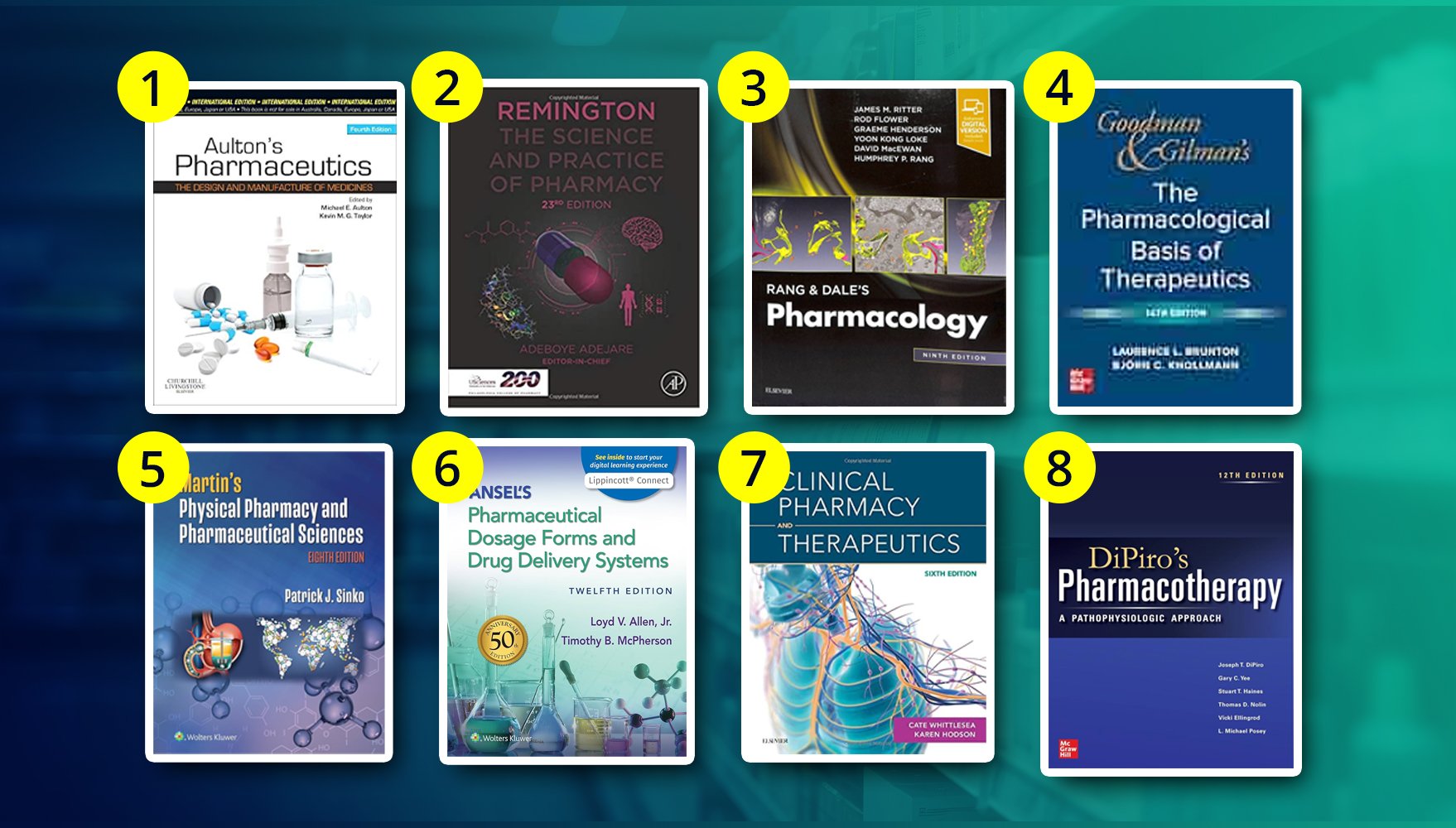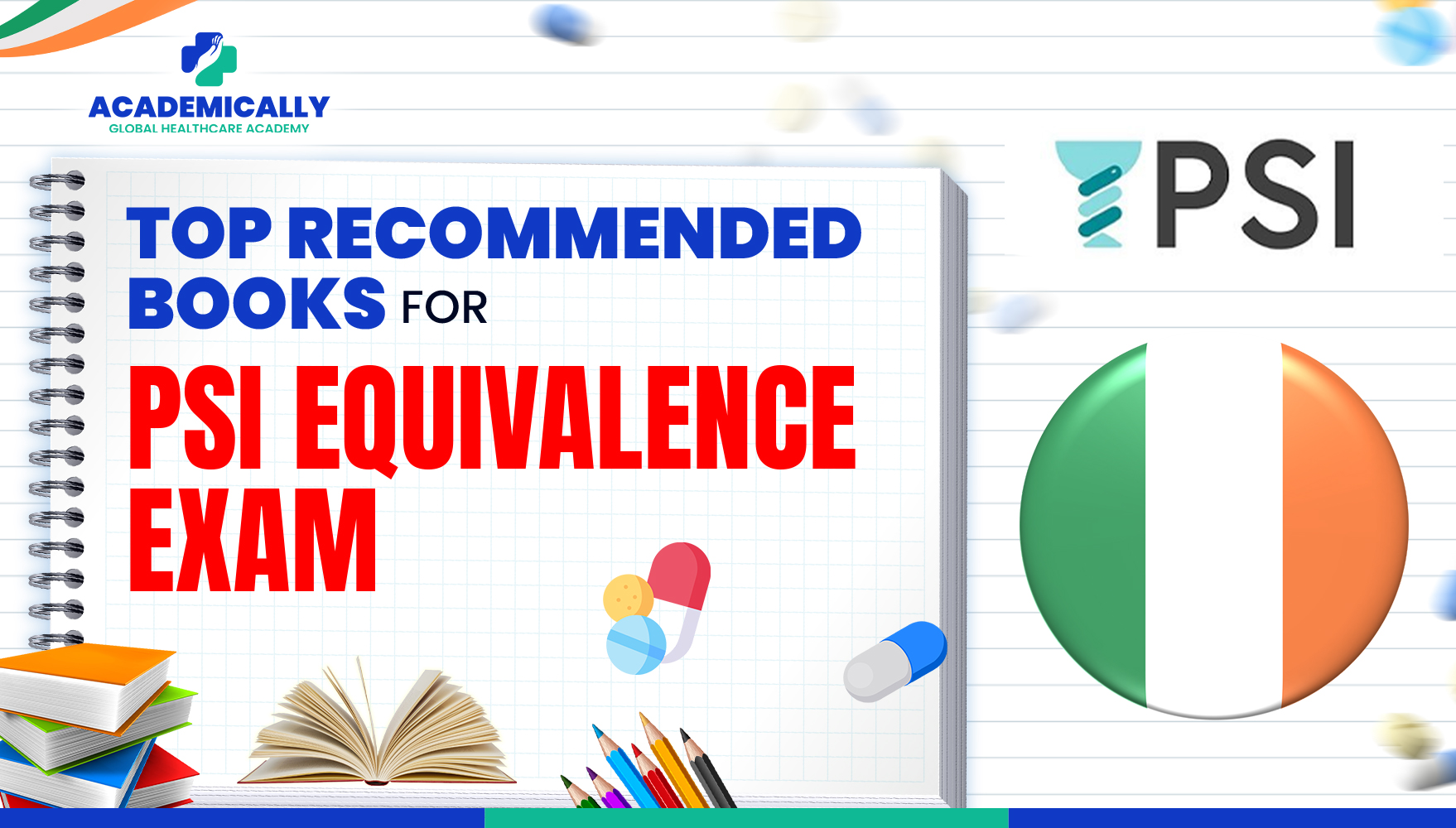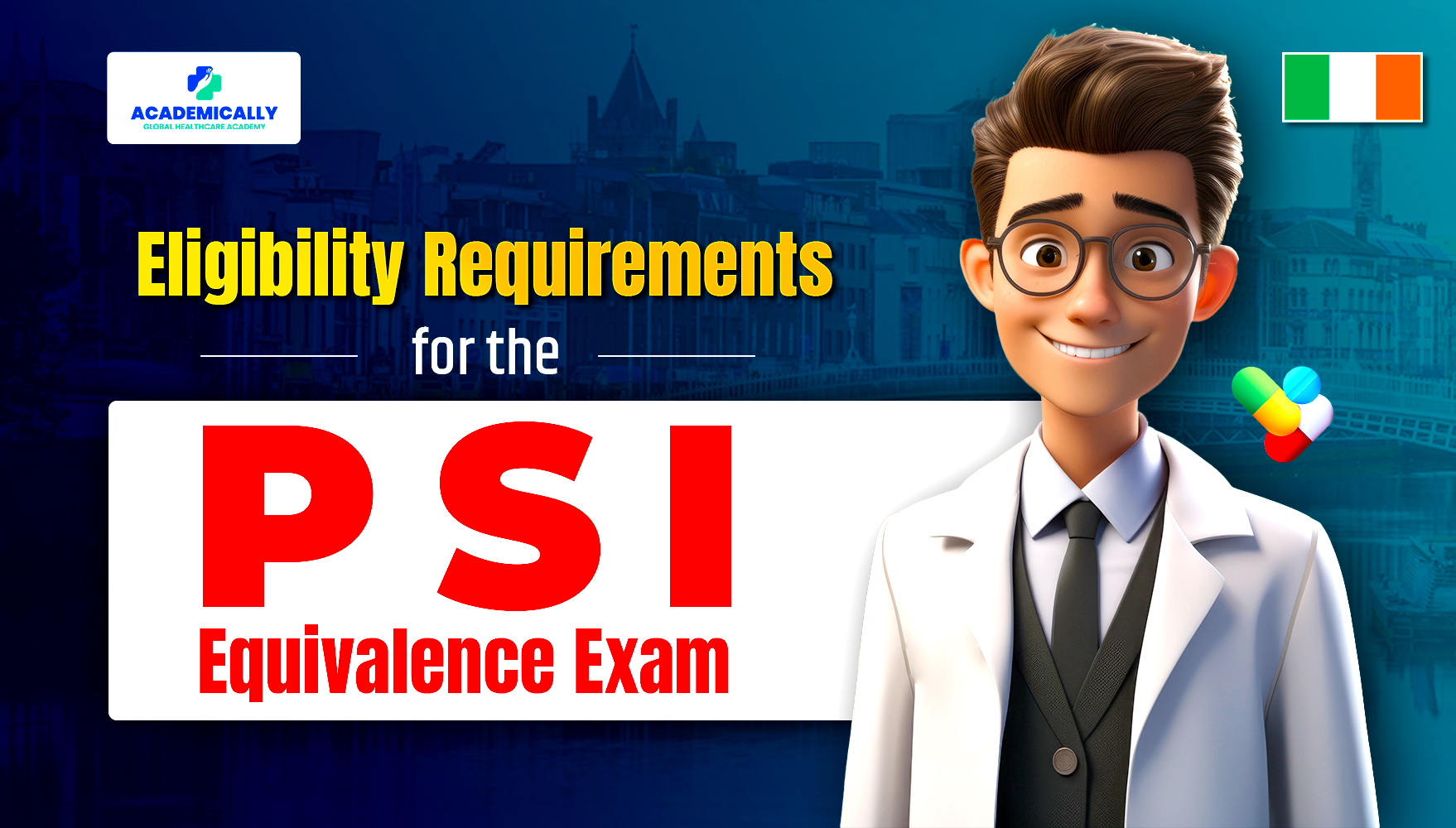Understanding the PSI Exam for Pharmacists
The PSI exams assess the competency of pharmacy graduates, ensuring they meet the standards required to practise as pharmacists in Ireland. The exams cover a broad range of topics, including pharmaceutical chemistry, pharmacology, pharmaceutics, clinical pharmacy, and community pharmacy. To effectively prepare, it's essential to use comprehensive and up-to-date study materials.
Recommended Preparatory Books
Here are some of the best books recommended by the PSI to help you prepare for the exams:
Pharmaceutical Chemistry
- "Aulton's Pharmaceutics: The Design and Manufacture of Medicines" by Michael E. Aulton and Kevin M.G. Taylor
- This book is a staple for understanding the principles of pharmaceutics. It covers the design and manufacture of medicines, offering insights into the practical aspects of pharmaceutical formulation.
- "Remington: The Science and Practice of Pharmacy" by David B. Troy and Paul Beringer
- Remington is a comprehensive resource that covers various aspects of pharmacy, including pharmaceutical chemistry. It's an excellent reference for both students and practising pharmacists.
Pharmacology
- "Rang & Dale's Pharmacology" by James M. Ritter, Rod Flower, Graeme Henderson, Yoon Kong Loke, and David MacEwan
- This book provides a thorough overview of pharmacology, with detailed explanations of drug actions and interactions. It's highly regarded for its clarity and depth.
- "Goodman & Gilman's: The Pharmacological Basis of Therapeutics" by Laurence L. Brunton, Randa Hilal-Dandan, and Bjorn Knollmann
- Goodman & Gilman’s is considered the gold standard in pharmacology. It offers detailed information on drug mechanisms, therapeutic applications, and side effects.
Pharmaceutics
- "Martin's Physical Pharmacy and Pharmaceutical Sciences" by Patrick J. Sinko
- This book is essential for understanding the physical and chemical principles of pharmaceutics. It covers topics like drug delivery systems, biopharmaceuticals, and pharmacokinetics.
- "Ansel's Pharmaceutical Dosage Forms and Drug Delivery Systems" by Loyd V. Allen Jr., Nicholas G. Popovich, and Howard C. Ansel
- Ansel’s book provides practical information on the preparation and use of dosage forms and drug delivery systems. It's a valuable resource for understanding the application of pharmaceutics in practice.
Clinical Pharmacy
- "Clinical Pharmacy and Therapeutics" by Roger Walker and Cate Whittlesea
- This book offers a comprehensive guide to clinical pharmacy practice. It covers therapeutic aspects of various disease states and provides practical advice for clinical decision-making.
- "Pharmacotherapy: A Pathophysiologic Approach" by Joseph T. DiPiro, Robert L. Talbert, Gary C. Yee, Gary R. Matzke, Barbara G. Wells, and L. Michael Posey
- DiPiro’s Pharmacotherapy is a well-respected book that integrates pathophysiology with clinical pharmacology. It’s an excellent resource for understanding the reasons behind drug therapy.

Tips for Effective Study
You can follow certain tips to prepare effectively for your PSI examination to avoid last-minute stress and the risk of not clearing it. Some helpful tips are mentioned below,
- Create a Study Plan: Organise your study schedule well in advance, allocating sufficient time to each subject area.
- Use Multiple Resources: While the books listed are highly recommended, consider using additional resources such as online lectures, practice exams, and study groups.
- Practice Regularly: Regular practice, including solving past exam papers and case studies, will help strengthen your knowledge and improve your exam technique.
- Stay Updated: Ensure you are using the latest editions of the recommended books to stay current with the latest advancements in the field.
Conclusion
Preparing for the PSI exams requires dedication, strategic planning, and the right resources. By incorporating these recommended books into your study routine, you will be well-equipped to take the exams confidently. At Academically, we offer a personalised and highly comprehensive preparation course for the PSI Equivalence Exam, mentored by industry experts to offer clear guidance.
Remember, consistent effort and a thorough understanding of the core concepts are key to your success. Good luck!
Fill out this form to get a free counselling session on the PSI Equivalence Exam and more!




